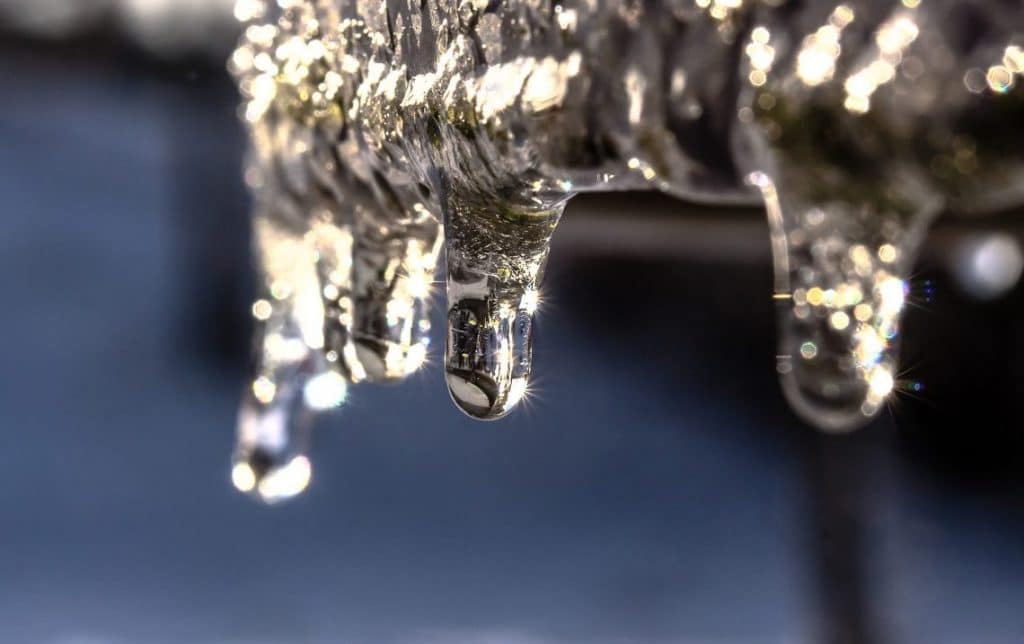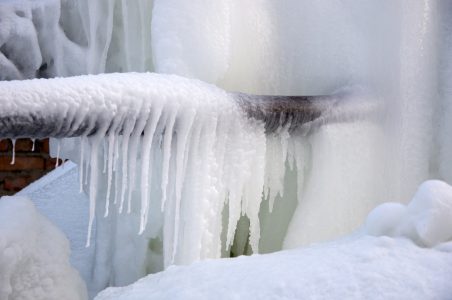Guidance for Avoiding Frozen Pipes in Winter: Expert Tips
Guidance for Avoiding Frozen Pipes in Winter: Expert Tips
Blog Article
Have you been searching for details around Prevent Frozen Pipes ?

Cold weather can wreak havoc on your pipes, especially by freezing pipelines. Below's exactly how to avoid it from occurring and what to do if it does.
Introduction
As temperature levels decrease, the risk of frozen pipes boosts, potentially causing expensive fixings and water damage. Understanding exactly how to prevent frozen pipelines is vital for property owners in cold environments.
Comprehending Frozen Pipelines
What causes pipes to ice up?
Pipes ice up when subjected to temperature levels listed below 32 ° F (0 ° C) for prolonged durations. As water inside the pipes freezes, it broadens, taxing the pipeline wall surfaces and potentially causing them to rupture.
Dangers and problems
Icy pipelines can result in water system disruptions, residential or commercial property damage, and expensive fixings. Ruptured pipes can flooding homes and create considerable structural damage.
Indications of Frozen Pipeline
Recognizing icy pipelines early can avoid them from breaking.
Exactly how to determine frozen pipelines
Look for lowered water circulation from taps, uncommon odors or sounds from pipelines, and noticeable frost on subjected pipes.
Avoidance Tips
Shielding vulnerable pipelines
Cover pipes in insulation sleeves or utilize warm tape to protect them from freezing temperatures. Concentrate on pipes in unheated or outside areas of the home.
Heating techniques
Keep indoor spaces effectively warmed, specifically areas with pipes. Open up closet doors to allow warm air to flow around pipes under sinks.
Shielding Outdoor Pipes
Garden pipes and exterior taps
Detach and drain yard hose pipes prior to winter months. Mount frost-proof faucets or cover outdoor faucets with insulated caps.
What to Do If Your Pipes Freeze
Immediate activities to take
If you believe frozen pipes, keep faucets available to alleviate stress as the ice melts. Utilize a hairdryer or towels soaked in hot water to thaw pipes slowly.
Long-Term Solutions
Architectural adjustments
Consider rerouting pipelines far from outside walls or unheated locations. Add extra insulation to attics, cellars, and crawl spaces.
Upgrading insulation
Invest in top notch insulation for pipes, attics, and walls. Proper insulation aids keep constant temperature levels and minimizes the threat of icy pipes.
Conclusion
Protecting against frozen pipes needs proactive procedures and quick actions. By understanding the reasons, signs, and safety nets, homeowners can secure their pipes during winter.
Helpful Tips to Prevent Frozen Pipes this Winter
UNDERSTANDING THE BASICS: WHY PIPES FREEZE AND WHY IT’S A PROBLEM
Water freezing inside pipes is common during the winter months, but understanding why pipes freeze, and the potential problems it can cause is crucial in preventing such incidents. This section will delve into the basics of why pipes freeze and the associated problems that may arise.
THE SCIENCE BEHIND FROZEN PIPES
When water reaches freezing temperatures, it undergoes a physical transformation and solidifies into ice. This expansion of water as it freezes is the primary reason pipes can burst. As the water inside the pipe freezes, it expands, creating immense pressure on the walls. If the pressure becomes too great, the pipe can crack or rupture, leading to leaks and water damage.
FACTORS THAT CONTRIBUTE TO PIPE FREEZING
Low Temperatures: Extremely cold weather, especially below freezing, increases the risk of pipes freezing. Uninsulated or Poorly Insulated Pipes: Pipes located in unheated areas, such as basements, crawl spaces, or attics, are more prone to freezing. Insufficient insulation or lack of insulation altogether exacerbates the problem. Exterior Wall Exposure: Pipes running along exterior walls are susceptible to freezing as they encounter colder temperatures outside. Lack of Heating or Temperature Regulation: Inadequate heating or inconsistent temperature control in your home can contribute to frozen pipes. PROBLEMS CAUSED BY FROZEN PIPES
- Pipe Bursting: As mentioned earlier, the expansion of water as it freezes can cause pipes to burst, resulting in significant water damage.
- Water Damage: When pipes burst, it can lead to flooding and water damage to your property, including walls, ceilings, flooring, and personal belongings.
- Structural Damage: Prolonged exposure to water from burst pipes can compromise the structural integrity of your home, leading to costly repairs.
- Mold and Mildew Growth: Excess moisture from water damage can create a favorable environment for mold and mildew growth, posing health risks to occupants.
- Disrupted Water Supply: Frozen pipes can also result in a complete or partial loss of water supply until the issue is resolved.
WHY CERTAIN PIPES ARE MORE PRONE TO FREEZING
- Location: Pipes located in unheated or poorly insulated areas, such as basements, crawl spaces, attics, or exterior walls, are at higher risk of freezing.
- Exterior Pipes: Outdoor pipes, such as those used for irrigation or exposed plumbing, are particularly vulnerable to freezing as they are directly exposed to the elements.
- Supply Lines: Pipes that carry water from the main water supply into your home, including the main water line, are critical to protect as freezing in these lines can affect your entire plumbing system.
- Underground Pipes: Pipes buried underground, such as those connected to sprinkler systems or outdoor faucets, can be susceptible to freezing if not properly insulated.
https://busybusy.com/blog/helpful-tips-to-prevent-frozen-pipes-this-winter/

Do you really like more info about Winter Plumbing Precautions: Preventing Frozen Pipes? Post a remark further down. We will be happy to see your suggestions about this blog. Hoping that you come back again later on. Enjoyed our blog? Please share it. Help another person check it out. Thank-you for taking the time to read it.
Browse Website Report this page